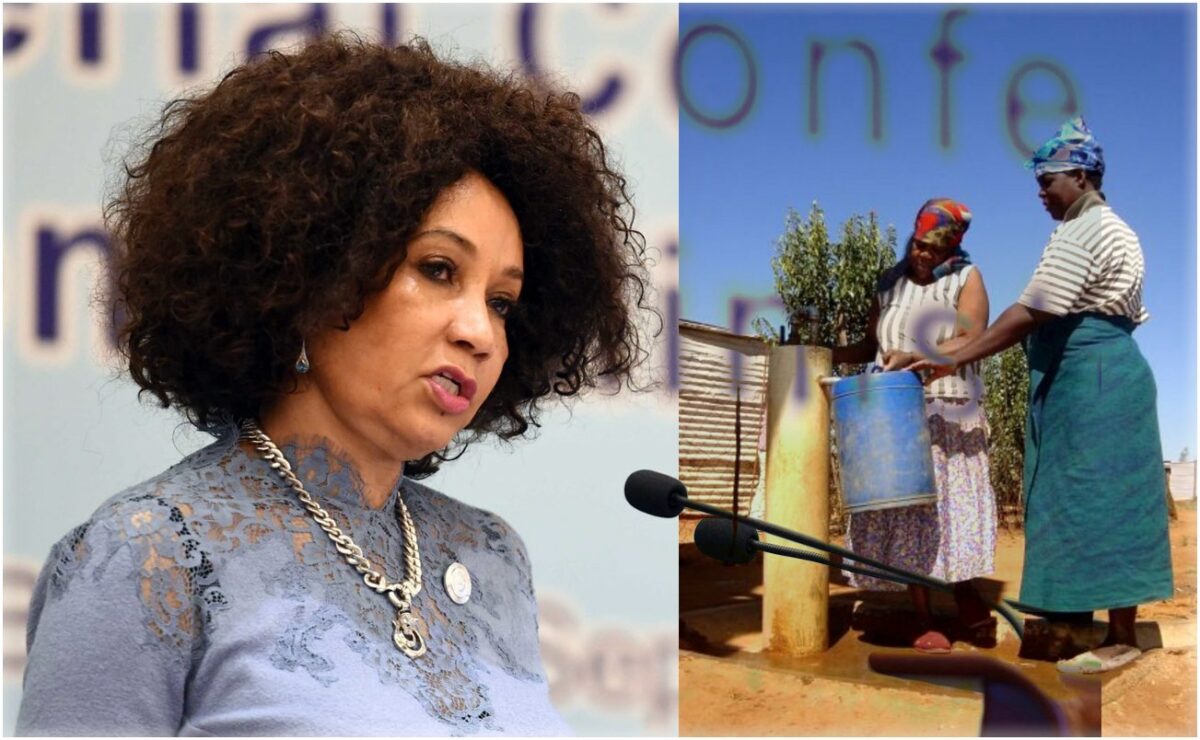Water covers about 70% of the earth’s surface. 60% of the human body is made up of water. One would think that water is easy to find, but sadly that is untrue as water continues to become more expensive and scarce for people around the world.
While many countries are investing large sums of money into their economies, water is not their focal point. Many countries value their other mineral resources more.
Unlike many countries in the world, Israel has invested a lot of its money into producing and supplying water for its people. While realising its duty to provide water to its people, Israel is ensuring that water will be available for generations to come.
When Israel was only 4 years old in 1952, its leadership at the time realized that water was going to become a scarce resource in the future. Much of Israel’s geographic space is dry which means that water would not be easy to source.
There is no doubt that Israel has established itself as a laboratory to resolve the water crisis in the world. Israel has earned a position of the global water superpower through its innovative water technologies.
WHO water report
According to a World Health Organization (WHO) 2019 report:
- 2.1 billion people across the world lack access to clean and safe water at home
- Contaminated drinking water is estimated to cause 485,000 diarrhoeal deaths each year
- By 2025, half of the world’s population will be living in water-stressed areas.
These figures should serve as a wake-up call, especially for South Africa which has not done enough to build and enlarge its water infrastructure since 1994, when the current government took over from the apartheid regime. They have inherited an infrastructure that was designed exclusively for few white people at the time. It is becoming apparent that the system cannot carry the heavy load it was not meant to carry.
South Africa, like Israel, is one of the world’s driest places. It was in 2019 when Cape Town averted a historic “Day Zero”, which would have seen severe restrictions imposed by Cape Town municipality on water-usage. The “Day Zero” period never came to pass, it was averted as a result of the rain that showered the country at the time, however the water crisis remains.
The South African government should surrender the water responsibility to highly talented technocrats and reduce politicisation in running water affairs. The minister of water affairs should appoint non-political actors to run the water affairs the best way possible, without interfering with the work they do.
Hell or high water
In a live May webinar entitled “Hell or High Water” hosted by Jewish National Fund SA (JNFSA), Senior Fellow at the University of Wisconsin’s Center for Water Policy and author of New York Times Best Seller, “Let There Be Water: Israel’s Solution for a Water-Starved World.” Seth Siegel said water should not be controlled by politicians, “I am actually agnostic as to who should run a water system for the country, whether it is a business entity or government agency but what I know is that it has to be taken out of the hands of politicians. Politicians will always be incentivized to reward their friends and hurt their enemies. Also, politicians will always suppress the price of water,” Siegel said.
Siegel’s point is relevant to South Africa’s situation – the cause of our water shortage in the country is not a lack of technical skills or financial difficulties. The cause of the water crisis in the country is political – the problem is its inability to mobilize private investment.
According to the South African Institute of Race Relations’ 2020 report entitled Thirsty Land: “Depoliticisation is essential. One important reform would be to remove control of water from local authorities and transfer it to an independent regulatory body. As long as municipalities remain in control, there is always a risk that they will use water revenues for purposes other than recovery of water costs and financing the maintenance and upgrading of water infrastructure.”
What Israel is doing right, and South Africa is not doing, is to ensure that a large proportion of wastewater is being recycled and added back into the water balance. A lot of water is wasted on leakages which are a result of ageing infrastructure and to some extent corruption.
In South Africa, people in rural areas are not paying for water because there is poor service in terms of water supply. The water infrastructure is ageing with no prospects of being maintained. While the population is growing, the government is doing nothing to ensure that water availability will not be a problem in the future.
There are Israeli organizations doing humanitarian work in South Africa to help poor communities by providing solutions to their water problems. Innovation Africa is an organization from Israel helping villages across Africa with water and electricity needs. A few of South Africa’s villages have even benefitted from this act of generosity. Hlomani, Maratheng, Khakhu, Makgatle are among the villages that have received water solutions from Innovation Africa.
The South African government should stop prioritizing its failing state-owned entities and start investing its resources in securing water for generations to come.

